Have you ever woken up feeling sore and unrested, even though you slept for a full eight hours? The culprit could be your mattress. The firmness of a mattress plays a crucial role in determining the quality of your sleep. It is not just a matter of personal preference, but rather a result of the science behind how our bodies respond to different levels of firmness. Studies have shown that a medium-firm mattress is the best for promoting quality sleep. This level of firmness provides enough support to keep your body aligned while also allowing for some sinkage to relieve pressure points. On the other hand, a mattress that is too soft can cause your body to sink in too much, leading to discomfort and disrupting your sleep. And a mattress that is too firm can put excessive pressure on your joints, leading to aches and pains in the morning. If you find yourself constantly waking up with aches and pains, it may be time to re-evaluate the firmness of your mattress. Consider investing in a medium-firm mattress to improve the quality of your sleep and wake up feeling refreshed and rejuvenated.1. The Impact of Mattress Firmness on Sleep Quality
Have you ever wondered why you sleep better in some beds than others? The answer lies in the science behind how our bodies respond to different types of mattresses. Our bodies are designed to naturally align in a certain way while we sleep, and the right mattress can help facilitate this alignment. When we lie down on a mattress, our bodies create pressure points in areas such as the hips, shoulders, and knees. A good mattress should provide enough support to keep these pressure points aligned with the rest of the body. This is where the firmness of the mattress comes into play. If the mattress is too soft, these pressure points can sink in too much, causing discomfort and disrupting sleep. If the mattress is too firm, these pressure points can be pushed too high, resulting in pain and discomfort. So, it is essential to choose a mattress that provides the right amount of support and sinkage to keep your body aligned and comfortable while you sleep.2. How Your Mattress Affects Your Sleep: The Science Behind It
The type of mattress you choose can also have a significant impact on your sleep quality. There are various types of mattresses available, including innerspring, memory foam, latex, and hybrid mattresses. Each type has its unique qualities and benefits, and the one that works best for you depends on your personal preferences and needs. Innerspring mattresses are the most traditional type and are known for their bouncy feel and excellent support. Memory foam mattresses, on the other hand, offer pressure relief and conform to the shape of your body, providing a cradling effect. Latex mattresses are known for their durability and natural materials, making them a popular choice for eco-conscious individuals. Hybrid mattresses combine the best of both worlds, offering the support and bounce of innerspring mattresses with the pressure relief of memory foam. When choosing a mattress, consider your sleep preferences and needs to determine which type will work best for you and provide the most comfortable sleep experience.3. The Connection Between Mattress Type and Sleep Quality
While the firmness and type of mattress are essential factors, the level of support a mattress provides also plays a crucial role in promoting better sleep. A supportive mattress should keep your spine in a neutral position, allowing your muscles to relax and recover during the night. If your mattress is not supportive enough, it can lead to discomfort and pain, disrupting your sleep. The support of a mattress is determined by its construction and materials. For example, innerspring mattresses have a coil system that provides support, while memory foam mattresses have a dense foam layer for support. When shopping for a new mattress, make sure to test the support by lying down in your usual sleep position and see if your spine remains in a neutral position. A supportive mattress can help improve your sleep quality and prevent aches and pains in the morning, so it is crucial to choose one that meets your needs for support.4. The Role of Mattress Support in Promoting Better Sleep
Aside from the firmness and support, the material of your mattress can also have a significant impact on your comfort while you sleep. Different materials have different properties that can affect the overall feel of a mattress. For example, memory foam is known for its pressure-relieving properties and conforming abilities, making it an excellent choice for those who suffer from aches and pains. On the other hand, latex is bouncier and more responsive, providing a more buoyant feel. Innerspring mattresses are known for their support and bounce, while hybrid mattresses combine the benefits of both memory foam and innerspring. When choosing a mattress, consider the materials used and how they may affect your comfort levels. If you have any specific needs, such as pressure relief or motion isolation, make sure to choose a material that caters to those needs.5. The Effects of Mattress Material on Sleep Comfort
With so many options available, choosing the right mattress can feel overwhelming. However, it is crucial to take the time to research and test out different mattresses before making a decision. A good mattress can make all the difference in your sleep quality and overall health and well-being. When shopping for a new mattress, consider your personal preferences and needs, such as firmness, support, and materials. Don't be afraid to test out different options and ask for recommendations from experts. Remember, investing in a quality mattress is an investment in your sleep and overall health.6. Choosing the Right Mattress for a Good Night's Sleep
Did you know that the age of your mattress can also affect your sleep quality? As a mattress gets older, it loses its ability to provide the necessary support and comfort to promote a good night's sleep. This is because the materials inside the mattress wear out over time, resulting in sagging and discomfort. Experts recommend replacing your mattress every 7-10 years, depending on the quality and type of the mattress. However, if you start experiencing discomfort and disrupted sleep before then, it may be time to consider replacing your mattress sooner. Keeping your mattress in good condition and replacing it when necessary can help ensure you are getting the best sleep possible.7. The Impact of Mattress Age on Sleep Quality
The design of a mattress can also play a role in your sleep position and quality. For example, a mattress with a pillow-top or Euro-top design can provide extra cushioning and support for side sleepers, relieving pressure on the hips and shoulders. On the other hand, a firmer mattress may be more suitable for back and stomach sleepers, providing the necessary support for their spine. When choosing a mattress, consider your preferred sleep position and look for a design that caters to that position. This can help promote better sleep and prevent discomfort and pain.8. How Mattress Design Can Affect Your Sleep Position and Quality
For people with certain sleep disorders, such as sleep apnea or acid reflux, the firmness of a mattress can play a crucial role in their quality of sleep. For example, a firmer mattress can help keep the airways open and prevent snoring for sleep apnea sufferers. A mattress with an adjustable base can also help elevate the head and upper body, providing relief for those with acid reflux. If you have a sleep disorder, it is essential to consider your specific needs when choosing a mattress to ensure you are getting the best sleep possible.9. The Relationship Between Mattress Firmness and Sleep Disorders
Finally, it is crucial to emphasize the importance of a good mattress for overall sleep health. Quality sleep is essential for our physical and mental well-being, and a good mattress is a significant factor in achieving it. A comfortable and supportive mattress can help promote better sleep, prevent aches and pains, and improve overall health and well-being. Investing in a good mattress is an investment in yourself and your health. Take the time to research and find the right mattress for your needs, and you will reap the benefits of a good night's sleep for years to come.10. The Importance of a Good Mattress for Overall Sleep Health
The Impact of Mattress on Sleep

Choosing the Right Mattress for a Good Night's Sleep
 When it comes to designing our homes, we often focus on the aesthetics and functionality of the furniture and decor. However, one of the most important elements of a well-designed home is often overlooked – the mattress. While it may seem like a simple and mundane item, the quality of your mattress can greatly impact your sleep, and ultimately, your overall health and well-being.
A good mattress should not only provide comfort, but also support for your body.
A sagging or worn-out mattress can cause aches and pains, leading to a restless night's sleep. This can result in fatigue, irritability, and even long-term health issues. On the other hand, a mattress that is too firm can also cause discomfort and prevent you from getting a good night's rest.
The materials used in a mattress can also affect its impact on sleep.
Memory foam mattresses, for example, conform to your body's shape, providing support and reducing pressure points. This can be beneficial for those with back pain or joint issues. Latex mattresses are known for their durability and hypoallergenic properties, making them a good choice for those with allergies. Innerspring mattresses offer a traditional bounce and support, while hybrid mattresses combine the benefits of memory foam and innerspring styles.
Another important factor to consider when choosing a mattress is your sleeping position.
Side sleepers may prefer a softer mattress to cushion their shoulders and hips, while back sleepers may need a firmer mattress for proper spinal alignment. Stomach sleepers may benefit from a medium-firm mattress to prevent their hips from sinking too deeply into the mattress.
In addition to the physical properties of a mattress,
the quality of your sleep can also be affected by its size and shape.
A mattress that is too small or too big for your body can cause discomfort and disrupt your sleep. It is important to take your height and weight into consideration when choosing a mattress size.
In conclusion,
the impact of a mattress on sleep should not be underestimated.
A good mattress can greatly improve the quality of your sleep, leading to better physical and mental health. When designing your home, be sure to prioritize finding the right mattress that suits your body and sleeping style. Your body will thank you for it.
When it comes to designing our homes, we often focus on the aesthetics and functionality of the furniture and decor. However, one of the most important elements of a well-designed home is often overlooked – the mattress. While it may seem like a simple and mundane item, the quality of your mattress can greatly impact your sleep, and ultimately, your overall health and well-being.
A good mattress should not only provide comfort, but also support for your body.
A sagging or worn-out mattress can cause aches and pains, leading to a restless night's sleep. This can result in fatigue, irritability, and even long-term health issues. On the other hand, a mattress that is too firm can also cause discomfort and prevent you from getting a good night's rest.
The materials used in a mattress can also affect its impact on sleep.
Memory foam mattresses, for example, conform to your body's shape, providing support and reducing pressure points. This can be beneficial for those with back pain or joint issues. Latex mattresses are known for their durability and hypoallergenic properties, making them a good choice for those with allergies. Innerspring mattresses offer a traditional bounce and support, while hybrid mattresses combine the benefits of memory foam and innerspring styles.
Another important factor to consider when choosing a mattress is your sleeping position.
Side sleepers may prefer a softer mattress to cushion their shoulders and hips, while back sleepers may need a firmer mattress for proper spinal alignment. Stomach sleepers may benefit from a medium-firm mattress to prevent their hips from sinking too deeply into the mattress.
In addition to the physical properties of a mattress,
the quality of your sleep can also be affected by its size and shape.
A mattress that is too small or too big for your body can cause discomfort and disrupt your sleep. It is important to take your height and weight into consideration when choosing a mattress size.
In conclusion,
the impact of a mattress on sleep should not be underestimated.
A good mattress can greatly improve the quality of your sleep, leading to better physical and mental health. When designing your home, be sure to prioritize finding the right mattress that suits your body and sleeping style. Your body will thank you for it.



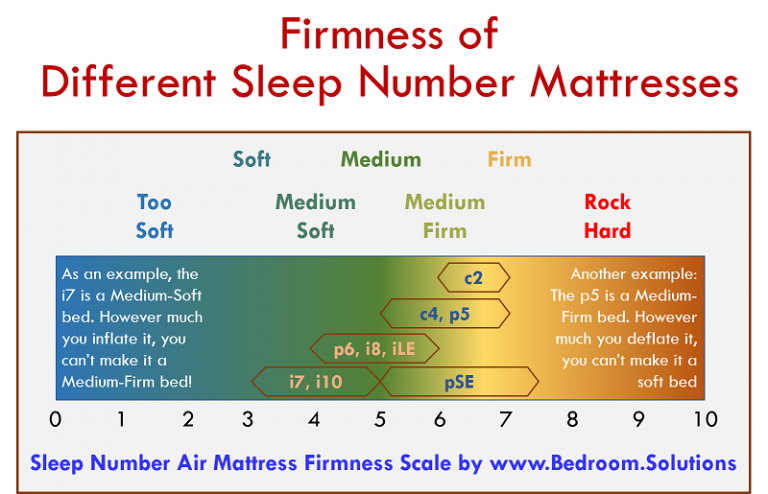
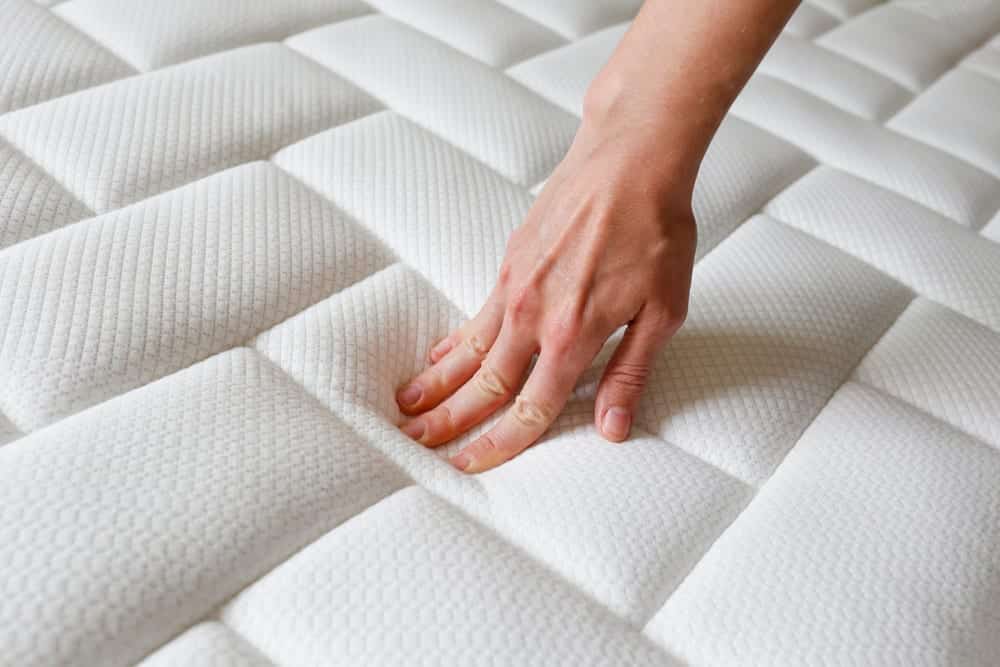


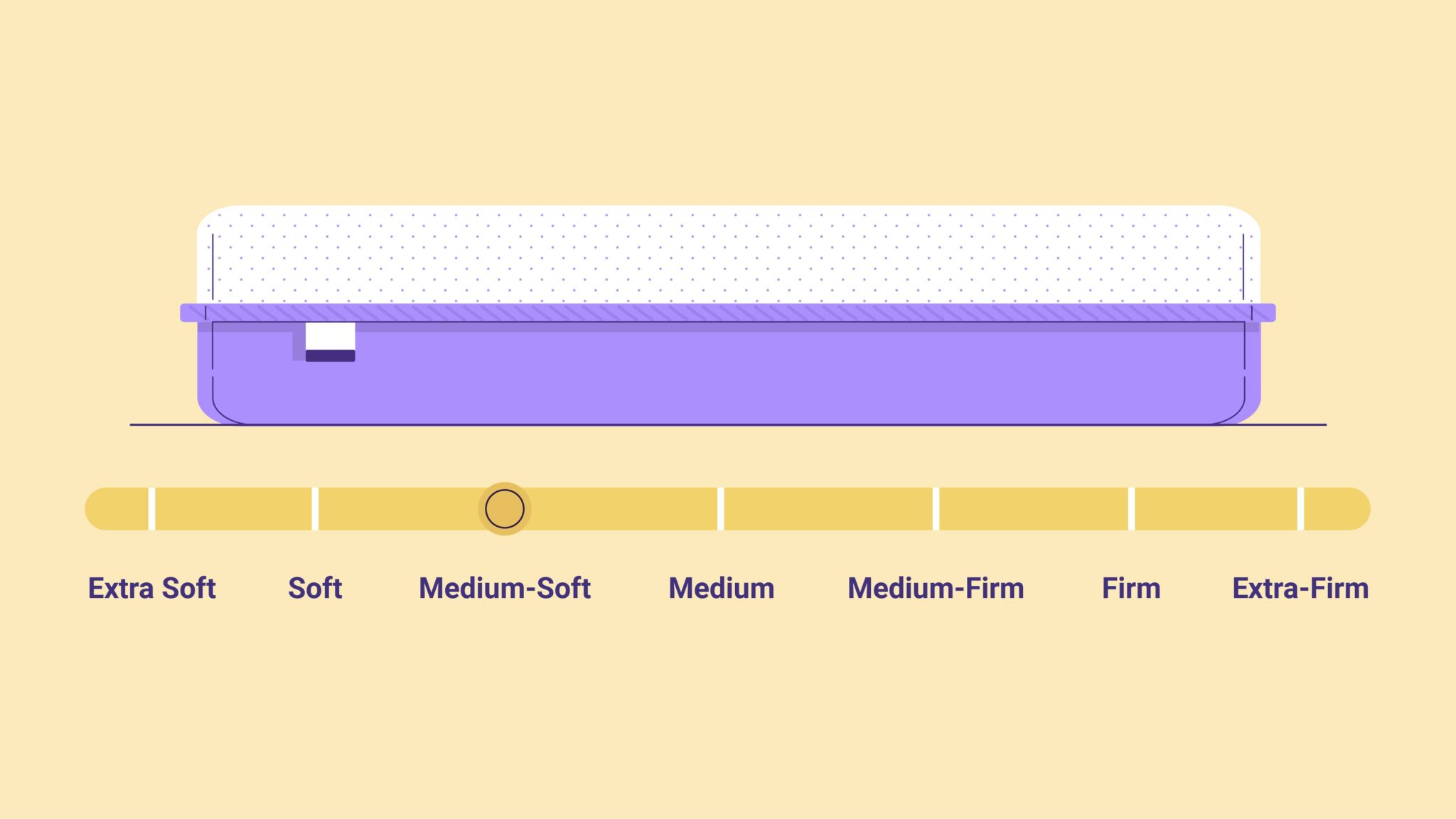















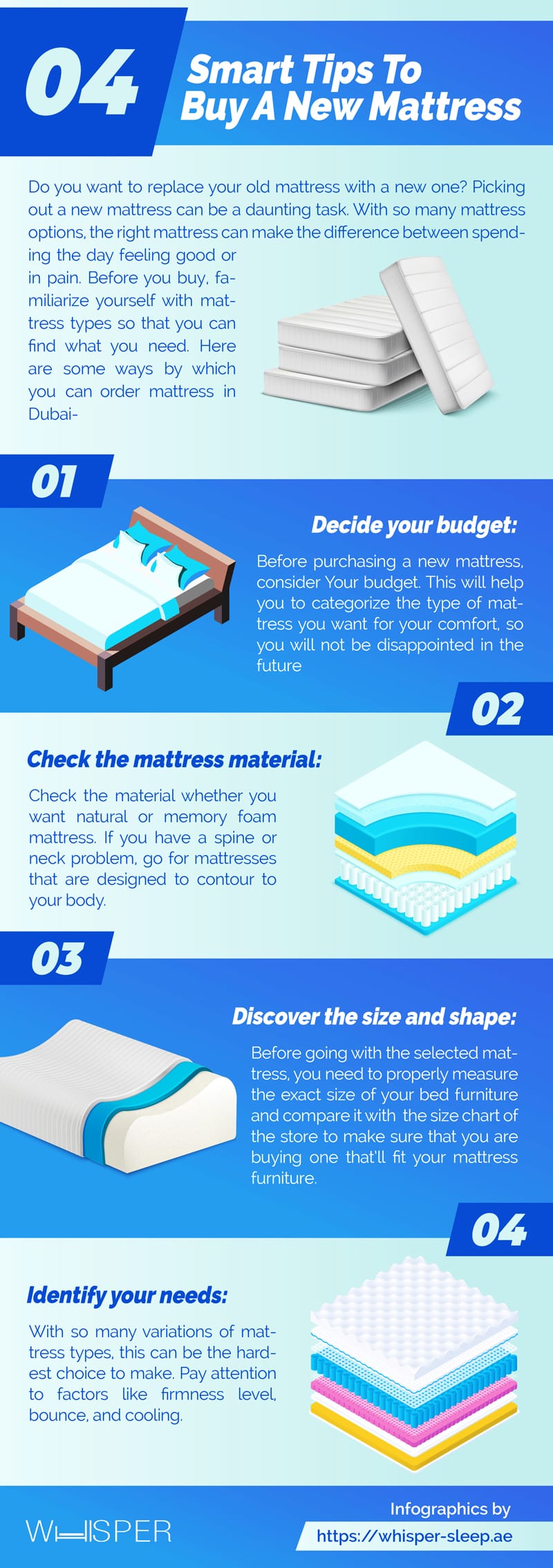

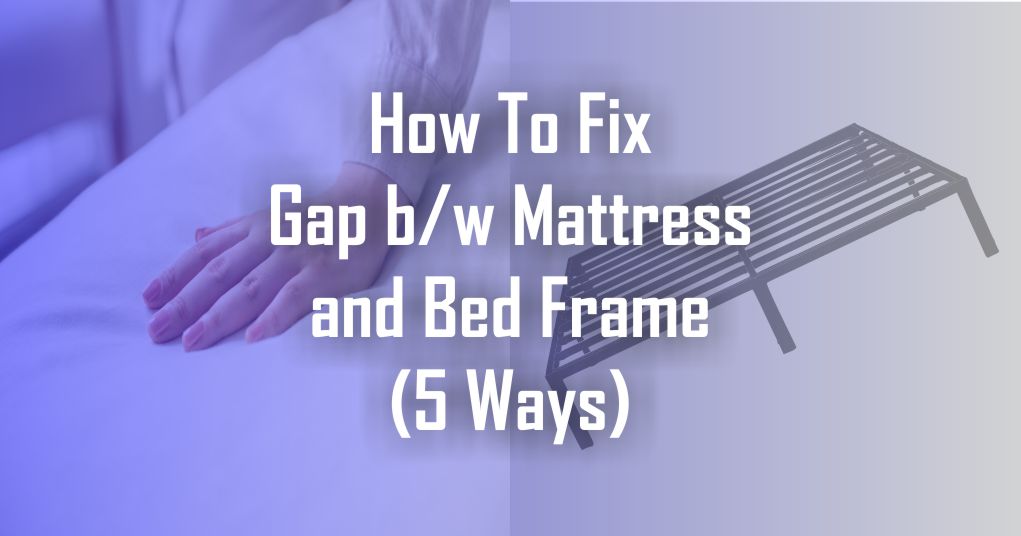






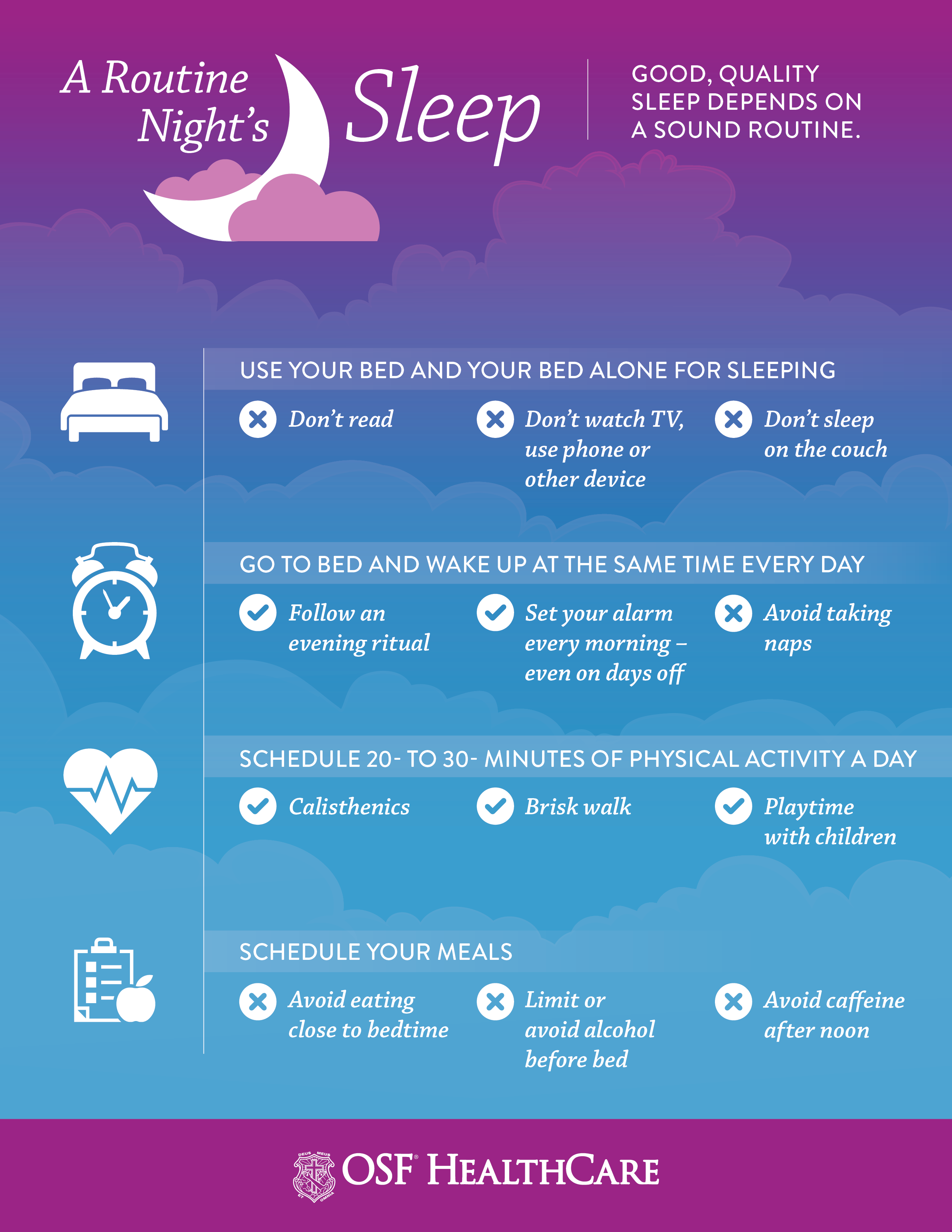




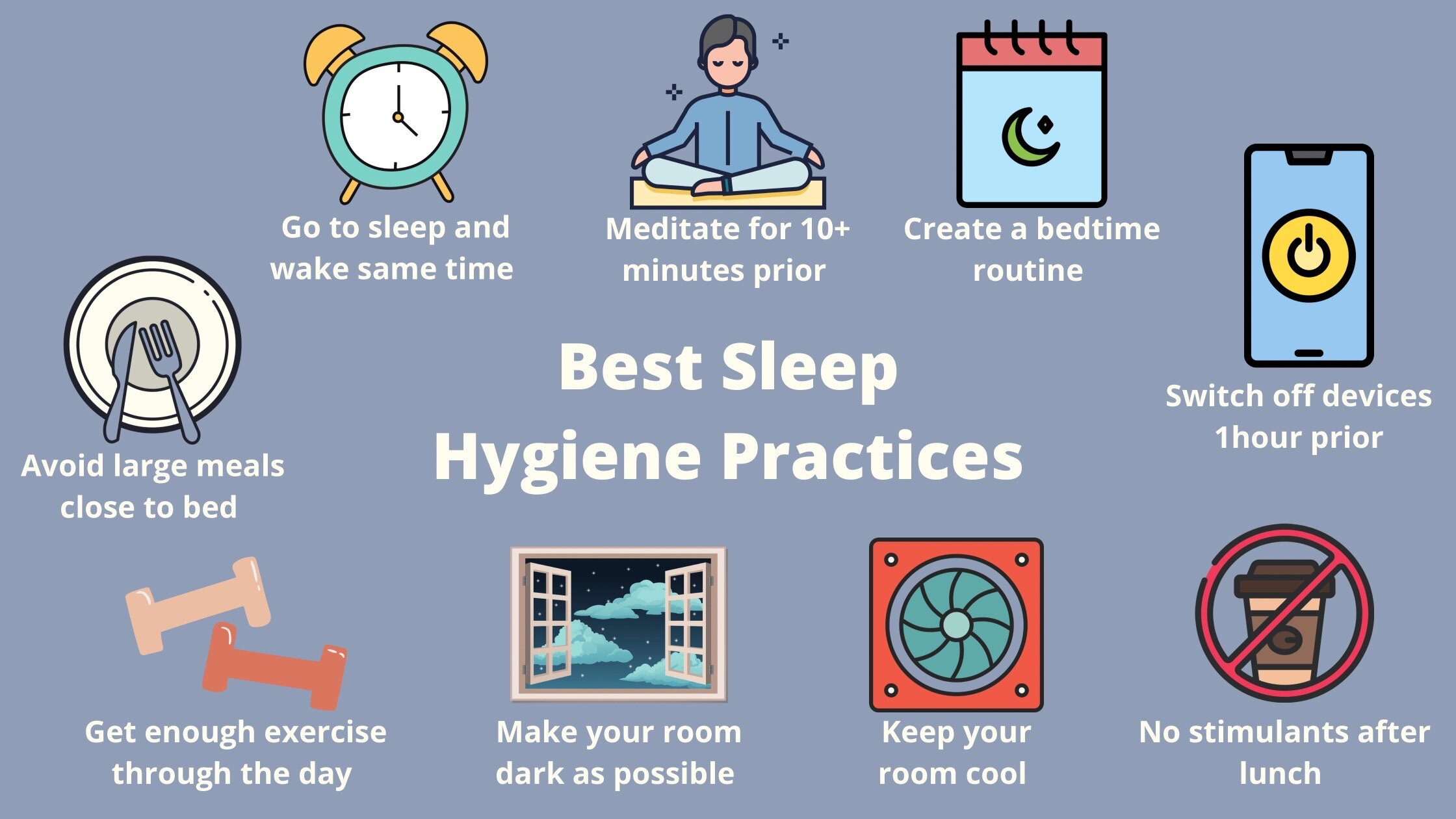











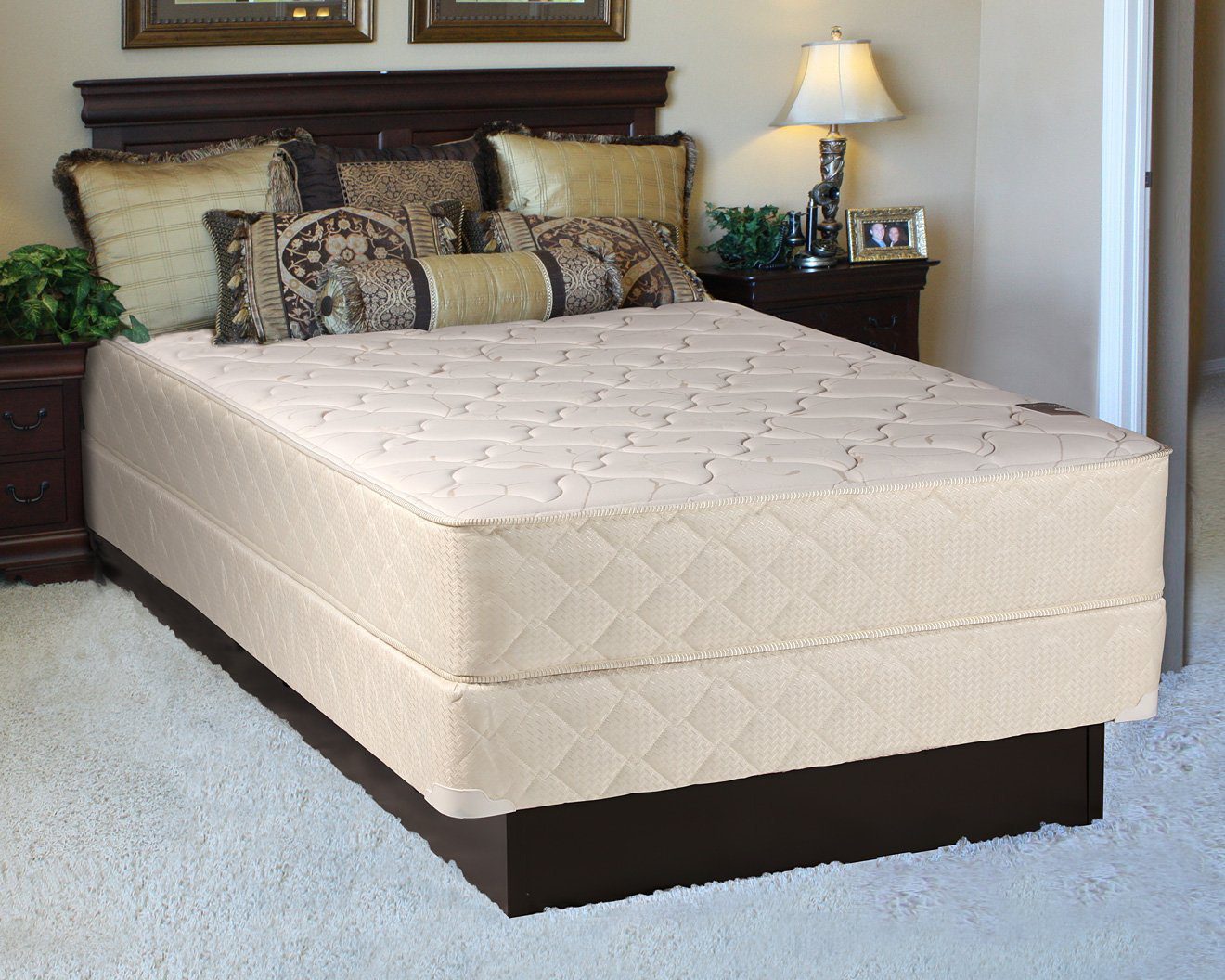
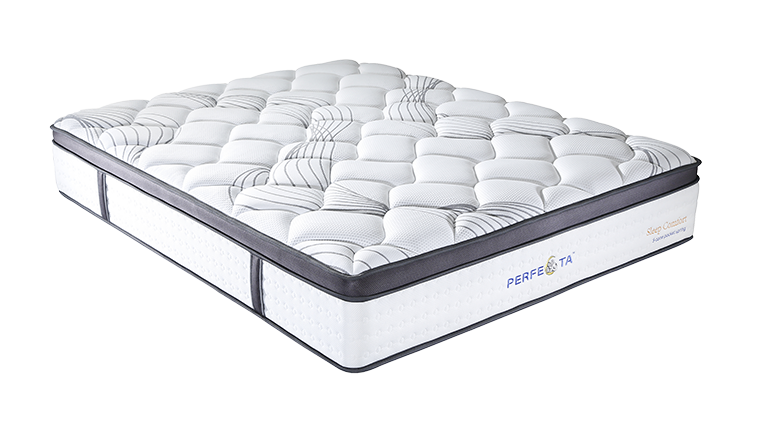

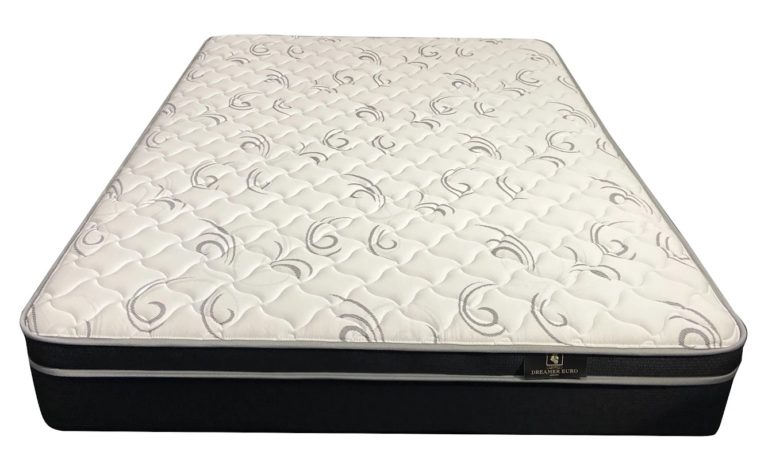



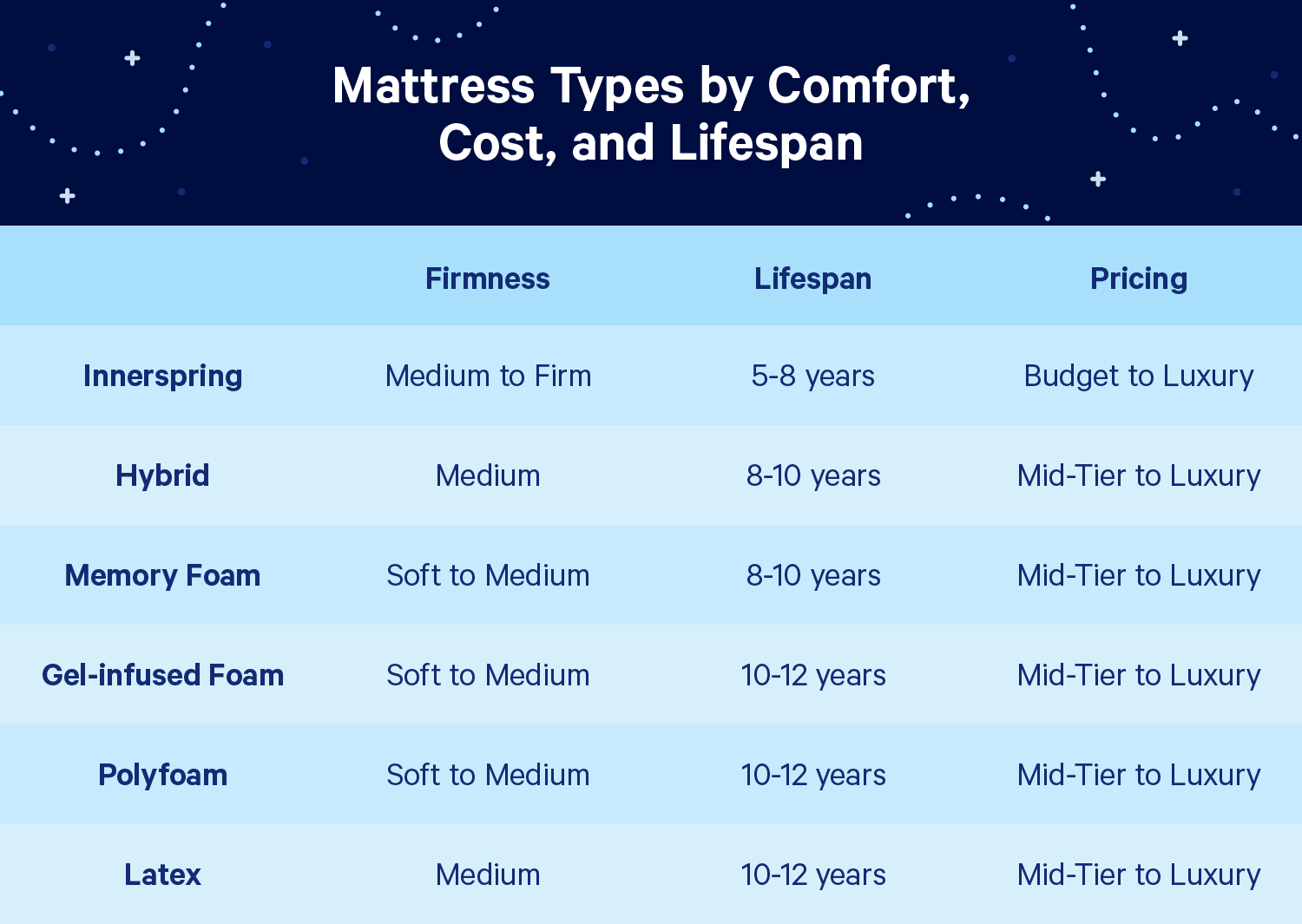



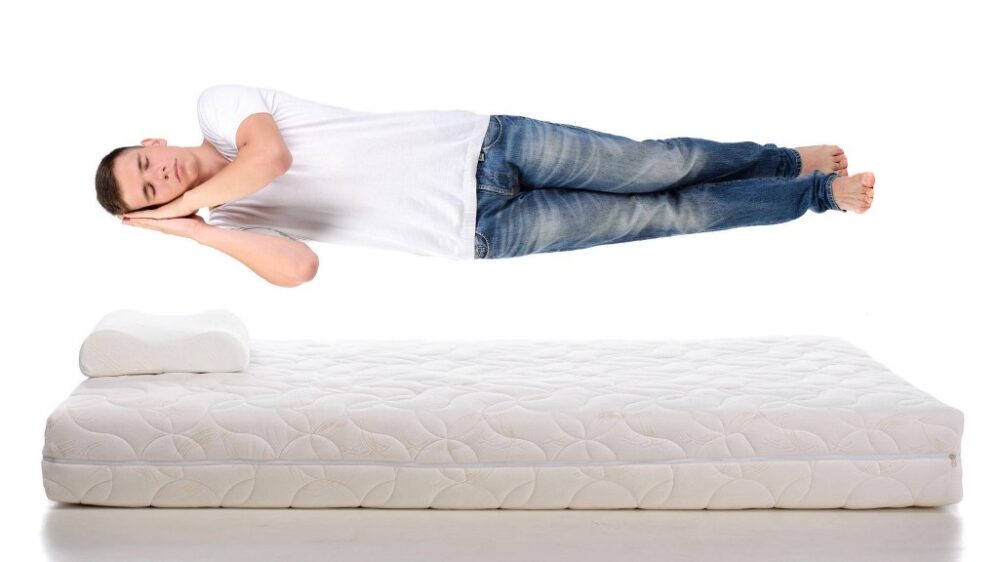















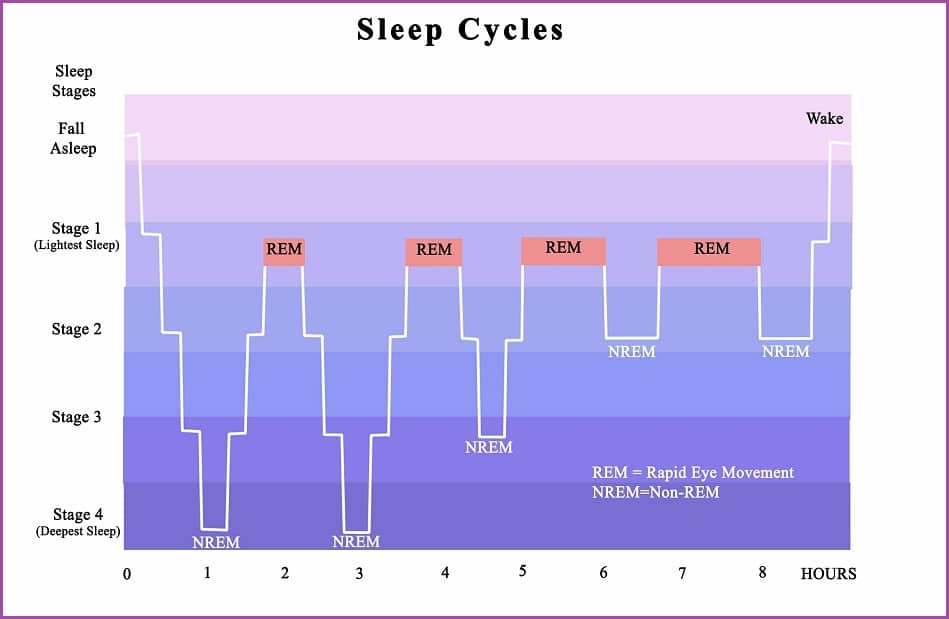





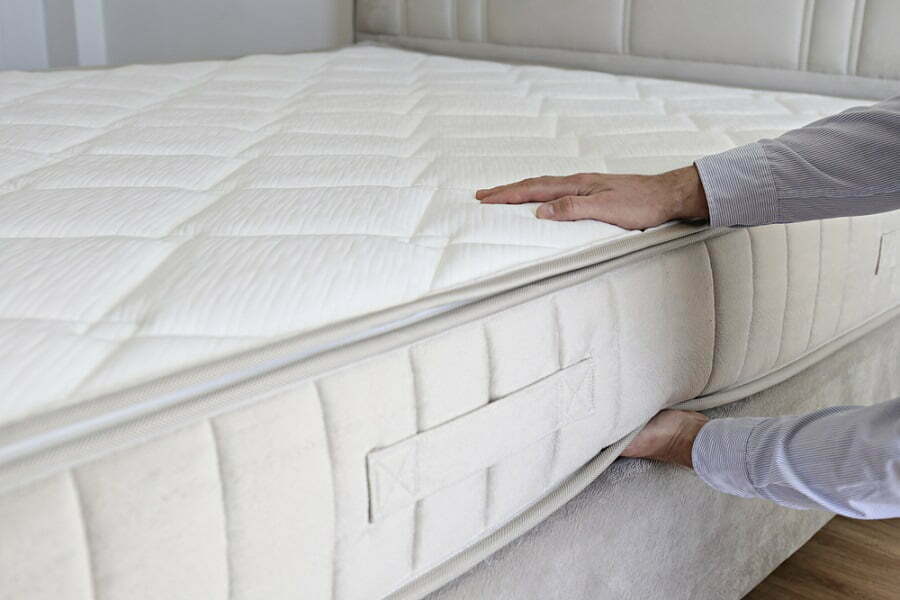
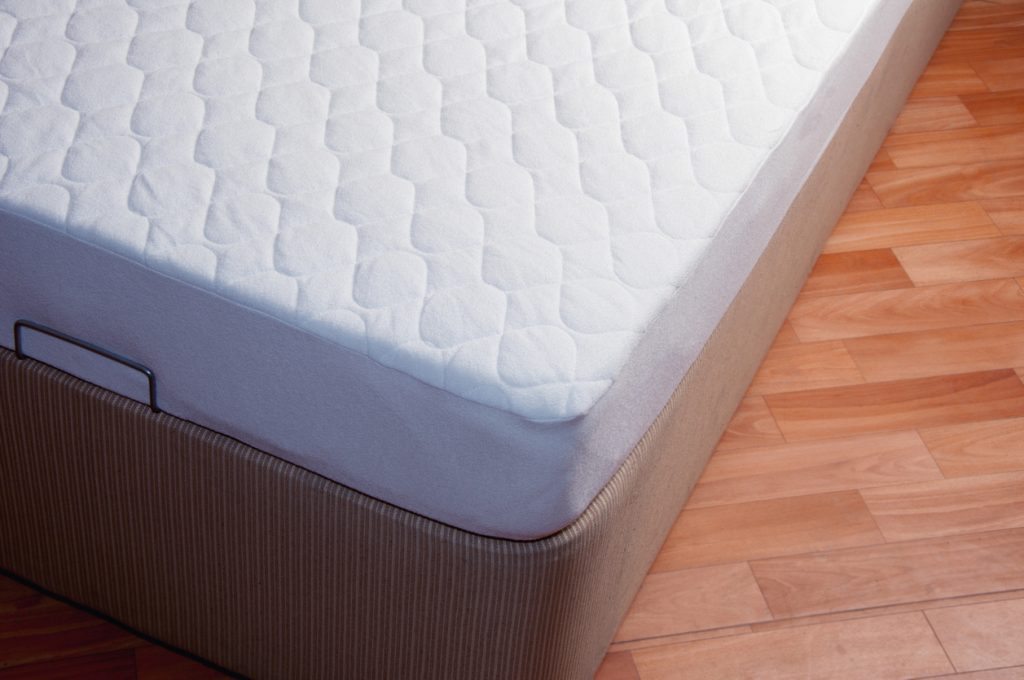




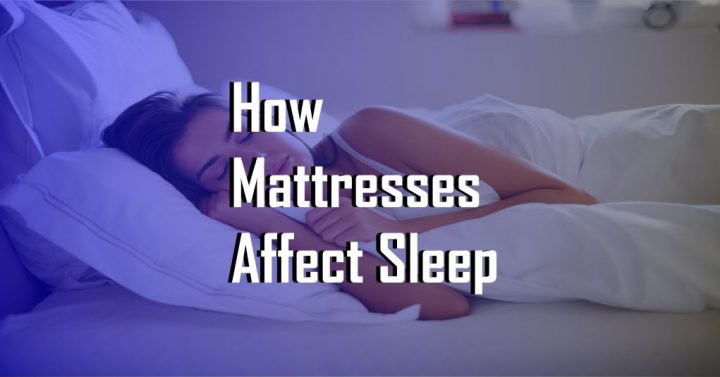



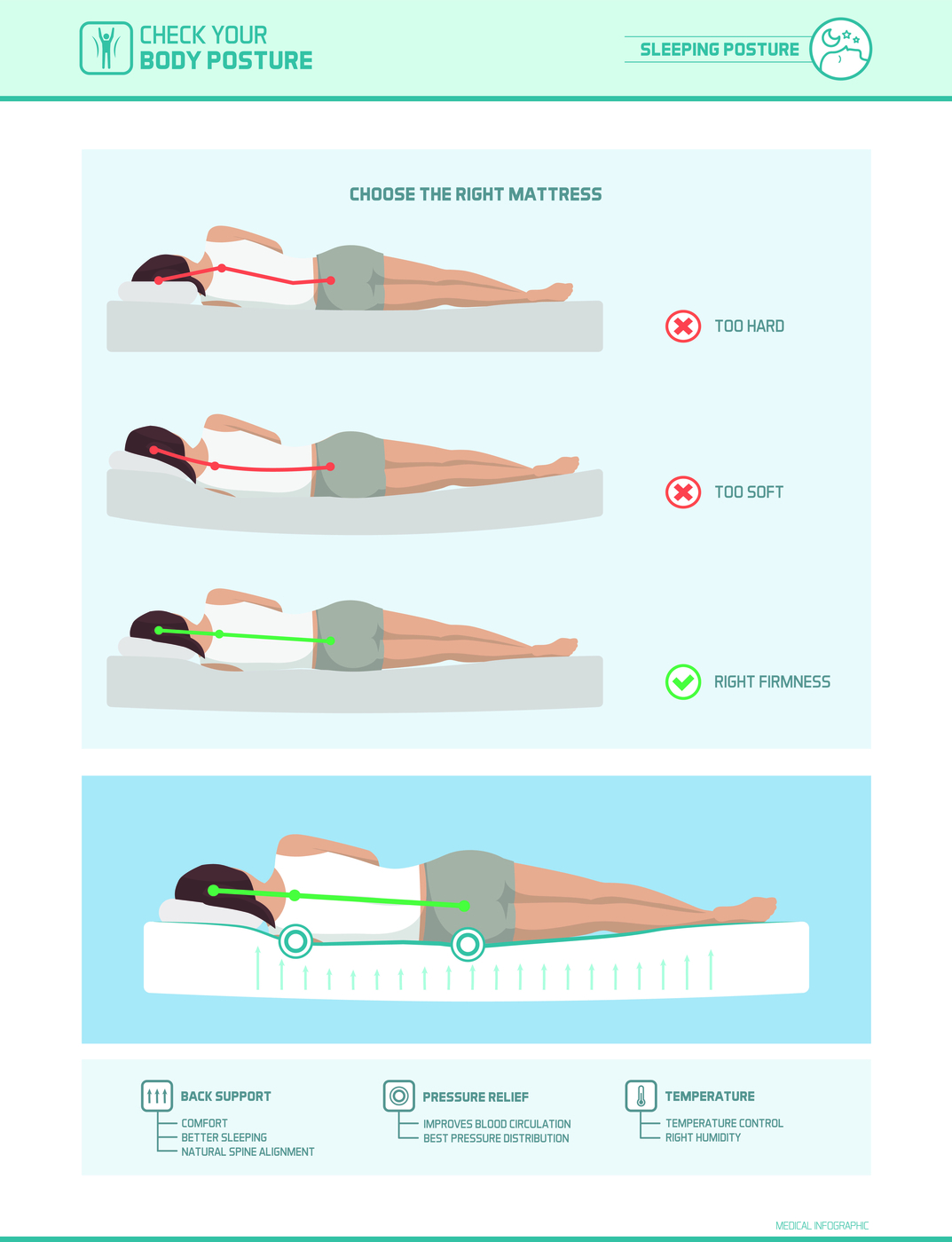


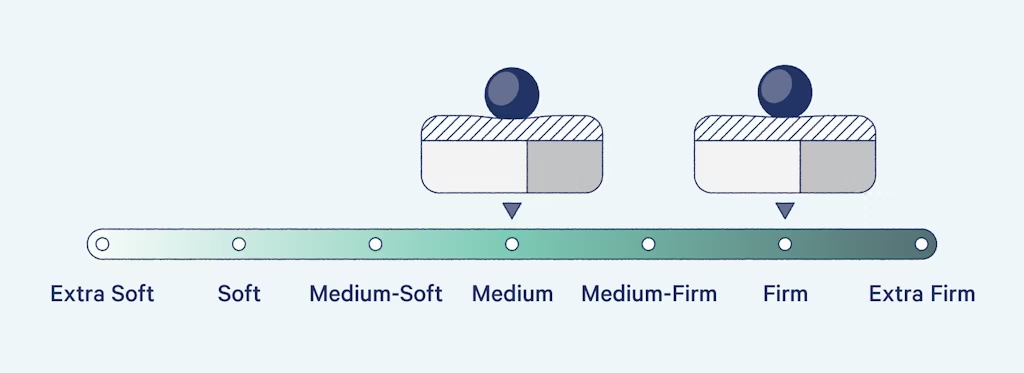

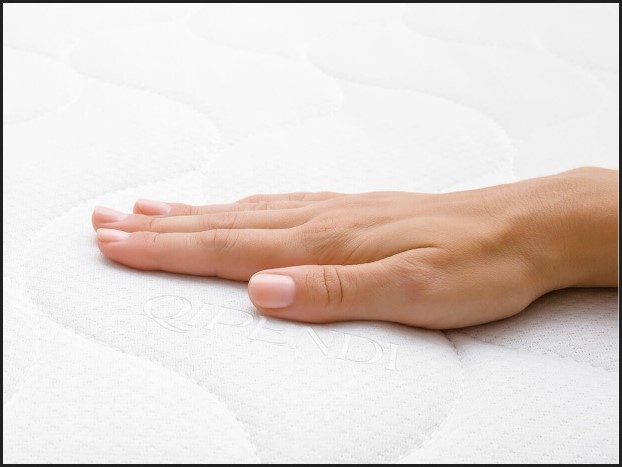

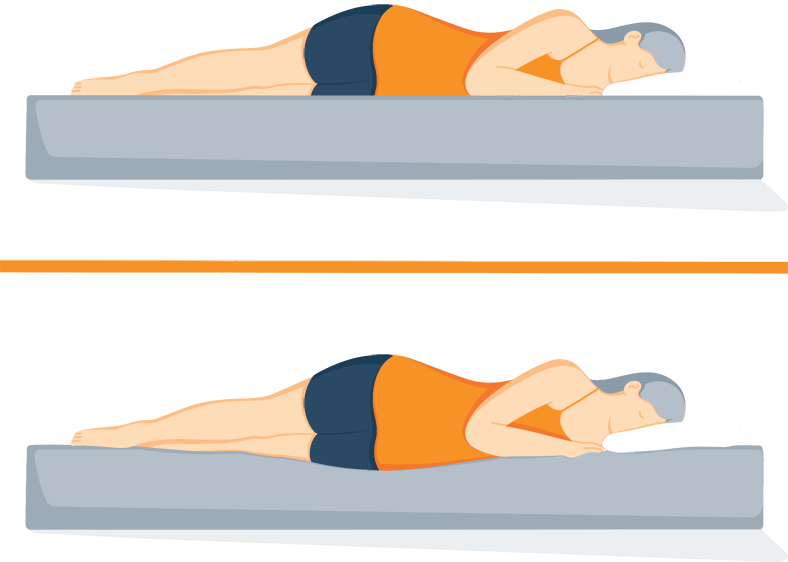
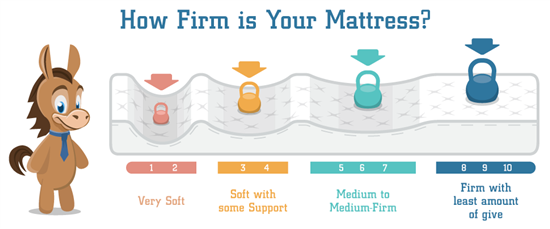



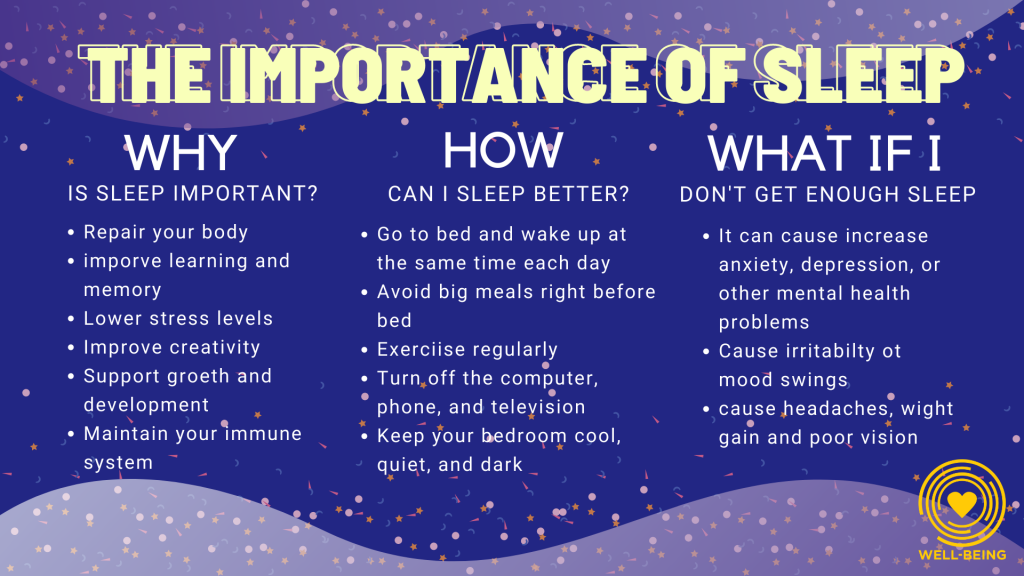


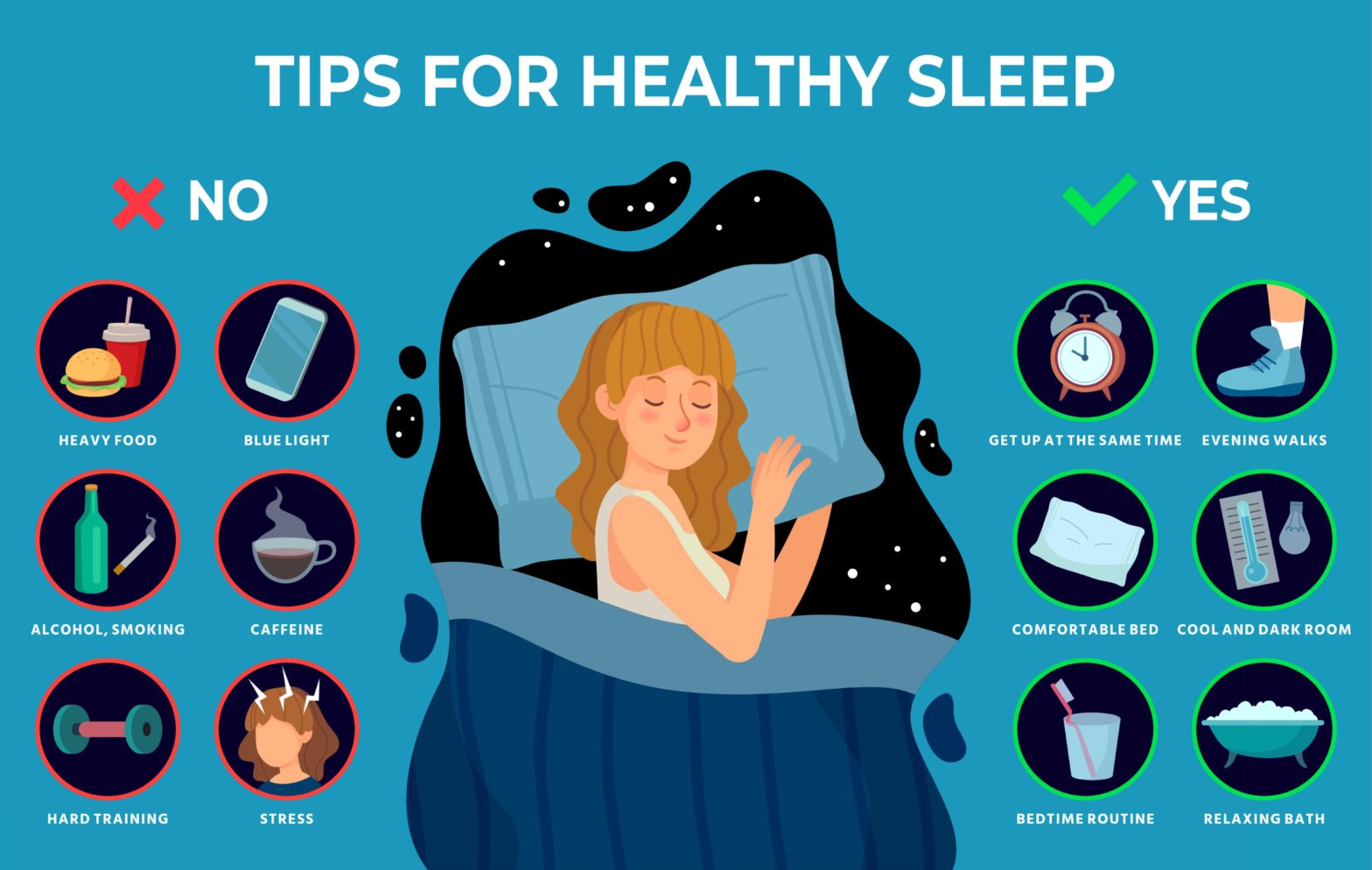







:max_bytes(150000):strip_icc()/770_SantaYnez_FamilyRoom_011-82636c6ea1df487eb70fa8ed313a6369.jpg)

